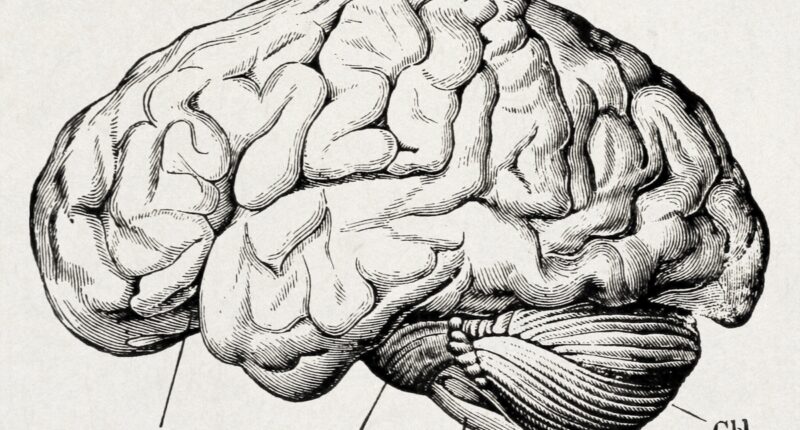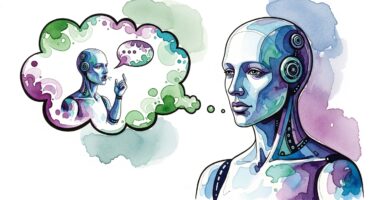Researchers have overturned long-held beliefs about brain energy by proving neurons can burn fat for fuel rather than relying solely on sugar, opening new treatment pathways for previously untreatable brain disorders.
The University of Queensland and University of Helsinki study found that when energy demands are high, neurons create their own fats by recycling cellular components through a key protein called DDHD2, published in Nature Metabolism.
The discovery has immediate implications for treating Hereditary Spastic Paraplegia 54, a brain condition where faulty DDHD2 protein prevents neurons from producing fats for energy, causing progressive movement and cognitive problems from a young age.
Laboratory experiments showed damaged neurons restored their energy production and function within 48 hours when given fatty acid supplements, demonstrating the potential for reversing neurological damage.
“This is a real game-changer,” said Dr Merja Joensuu, who conceived the project and led the study at the Australian Institute for Bioengineering and Nanotechnology. “We’ve shown that healthy neurons rely on fats for fuel, and when this pathway fails in conditions like HSP54, it may be possible to repair the damage and reverse the neuropathologies.”
The research team is advancing to pre-clinical testing of fatty acid-based therapies before potential human trials, whilst investigating whether the fat-fueled brain pathway could treat other neurological conditions.
Dr Giuseppe Balistreri from the University of Helsinki emphasised the broader implications beyond current knowledge.
“We will continue the exciting collaboration with new non-invasive technologies to image the brain and therefore aid a faster development of the potential therapy. This breakthrough doesn’t just rewrite the textbooks, it could transform lives,” Balistreri said.
The findings challenge fundamental assumptions about brain metabolism and suggest novel therapeutic approaches for metabolic brain disorders that currently have no effective treatments.











